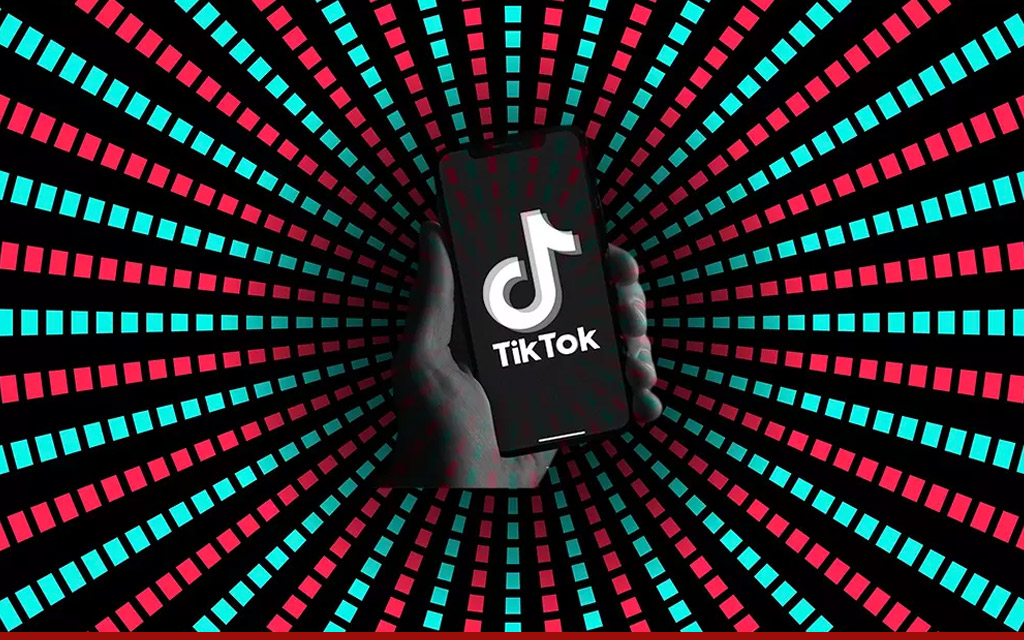It’s time to consider that at its heart TikTok is a cultural tool of war attempting to lower the collective IQ of a new generation of American youth.
Fess up. You’ve mindlessly swiped through short-form TikTok videos at some point. You’ve seen the bathroom-mirror dances, midriff shirts and scanty shorts, death defying skateboard tricks, silly pet tricks, and every wannabe creator. Mindless fun or alarmingly addictive?
Unlike other social media platforms TikTok is different for two reasons. First, its powerful algorithm knows your behavior with uncanny precision—what you swipe on, how long your swipe, when you swipe, and more behavioral indicators to ensure you stay riveted to your screen with personalized content. Second, is its ownership. Byte Dance, TikTok’s parent company, is a Chinese company and many fear that TikTok is subject to the same data audits that the Chinese government conducts on Byte Dance in China. This could include collecting location or personal data, for example. There is also concern that the Chinese government could be serving up propaganda sandwiched between make-up tips and teenage bedroom angst.
Many parts of the U.S. government have already banned TikTok from being used on government issued phones. New Zealand, the UK, Canada and other European countries have followed suit. And in a rare bipartisan showing, US legislators on both sides are increasingly vocal of the dangers that TikTok poses and want some regulation–now.
The Geopolitical Landscape
Chinese and U.S relationships are already shaky thanks to allegations of Chinese spy balloons and more recent drone/ fighter plane encounters. Relations are strained over the Ukraine war as well. A ban on TikTok in the U.S. could certainly be considered another way to increase the political divide, further testing an already strained relationship.
Most recently the Biden Administration declared it wanted TikTok U.S. sold to an American entity and completely separated from its Chinese roots, or it would consider an outright ban. (The Trump administration went down this path once before but TikTok took the case to the courts.) It seems that while there’s some evidence of data access by China, this may not be the ideal moment for US provocation, especially when TikTok has demonstrated some commitment to negotiation and compromise. (Watch this fascinating interview between the NYT’s Andrew Sorkin and TikTok’s U.S. CEO Shou Chew where Chew deftly fields tough questions..)
Two Different Toks
I’m convinced that not only is this the wrong moment for a TikTok ban but we maybe barking up the wrong tree. It may be time to look culturally inward for answers. China’s secret weapon is not data, but the “soft power” of cultural exports like TikTok.
The TikTok product in China (especially the kids version) is a very different beast. While U.S. youth are merrily scrolling, their young Chinese counterparts are seeing a very different TikTok, one filled with science experiments, homework help, and insights into the world we inhabit. A 2022 60 Minutes report interviews Tristan Harris, co-founder of the Center for Humane Technology. In it he reveals the stark contrast between the mind-numbing U.S. content and the mind-expanding content available on TikTok in China, especially for children under 14 years old. As Harris says, “TikTok, the domestic version in China is like spinach; TikTok served up to American audiences is more like opium.”
The Chinese government has also imposed strict standards on kids’ use of technology. While viewed as authoritarian, a Chinese law introduced last August restricts children under the age of 18 to one hour of video games from 8 p.m. to 9 p.m. on Fridays, Saturdays, and Sundays. They can also play for one hour during national holidays.
Contrast this to American kids who spend on average of 95 minutes per day (over 1.5 hours) playing video games and could be scrolling TikTok during chemistry class or from beneath their bed covers at 3AM. (There are parental controls in the TikTok’s setting for parents to use but if past experience informs us, parents are not likely to enforce these).
The outcomes of these two different TikToks are becoming more evident, says Harris in the interview. “When American kids were asked what they wanted to be when they grew up “influencer” was high on the list. For Chinese youth it was “astronaut”.”
It’s time to consider that at its heart TikTok is simply a cultural tool of war attempting to lower the collective IQ of a new generation of American youth. And that begs the question, why take aim on us, when we’re perfectly capable of taking aim at ourselves, feeding American youth a diet of garbage and unhealthy role models?
It’s convenient, maybe even prudent, to point fingers at a product born in and controlled by a country we distrust. But it may be more productive to do a little soul searching, a little negotiating with the TikTok’s management who seems willing to find compromise, and a lot of work on algorithms that might reward something loftier than a fart joke or a Tide Pod challenge.
Take a quick scroll through TikTok’s top trending shorts on any given day. There’s so much talent, but even more stupidity. Different algorithms and some self-control about time limits might serve us better than bans.
Source: https://techonomy.com/tiktok-weapon-of-destruction-or-distraction/




